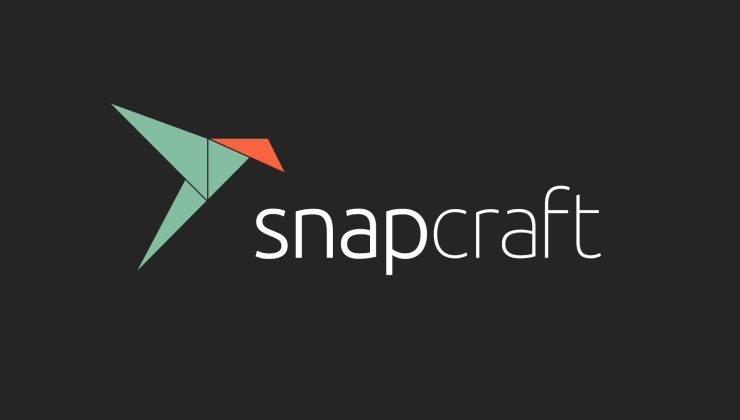
I don’t think you understand, it’s closed-source for your safety! If it were opensource there would be many more malicious apps. Only we can hold those at bay and only we know which improvements to implement as we know better than everybody else. Trust me, you’re safer this way /s
deleted by creator
If you are going to “be your own bank” you need some very basic computer security skills like:
- Research the reputation of the wallet you are going to use.
- Don’t download wallets which aren’t open source
- Download wallets from their official dev site, not some third party repo.
- Don’t use Facebook search to find a wallet.
- If you are storing significant funds, use a multi-sig wallet.
- If you are not 100% confident in the security of a given wallet or system, send a smaller test transaction first before sending larger amounts
If you can’t be trusted to do that, you need to pick a trusted custodian to manage access to your funds (you know, like banks), preferably somebody who can get an insurance company to under-write your no-opsec-having-ass. Unfortunately, in the crypto world, these trusted custodians few and far between and have a terrible track record with exchange collapses etc. It’s getting better, but it’s still a mess. Hopefully as time goes on and the industry gets better regulated and more mature, this will be an easier thing to do.
The more I learn about web3/crypto, it is increasingly getting closer to real life financials with all the same pitfalls and extra crypto problems
Yeah, I recommend looking up the most popular hardware wallet and downloading their app from the website. Then doing a round-trip transaction in some currency like XLM.
As someone who has been using Ubuntu for 10 years, I am sad that I don’t know more about the intricacies of Linux.
I know more than I did 10 years ago… But probably would really be uncomfortable running arch.
I think I will install Debian 24.04 as my desktop (daily driver) this year and be done with Ubuntu. Hopefully I learn some more and eventually try out Arch on my laptop.
You can also play with it in a virtual machine. It won’t give you quite the same experience for your specific hardware, but you will get a feel for how it works, especially the package manager etc.
I like Mint for Ubuntu’s simplicity without Canonical’s bullshit
Check out MX. It’s Debian, but it has some improvements for desktop use.
Lol
Apps aren’t even distributed via snap or flatpak. we have the option to install software we need and compile those are snap or flatpak only.
Don’t read the community, post all news you see.
I don’t understand why people are so hell bent on hating Snaps. The architecture is literally better than Flatpak – and I’m quite sure it’s possible to run one’s own Snap host. Some people say they’re bloated and slow, well not anymore than Flatpak (actually less) and people love that?
For me the main argument is the repo side being proprietary.






